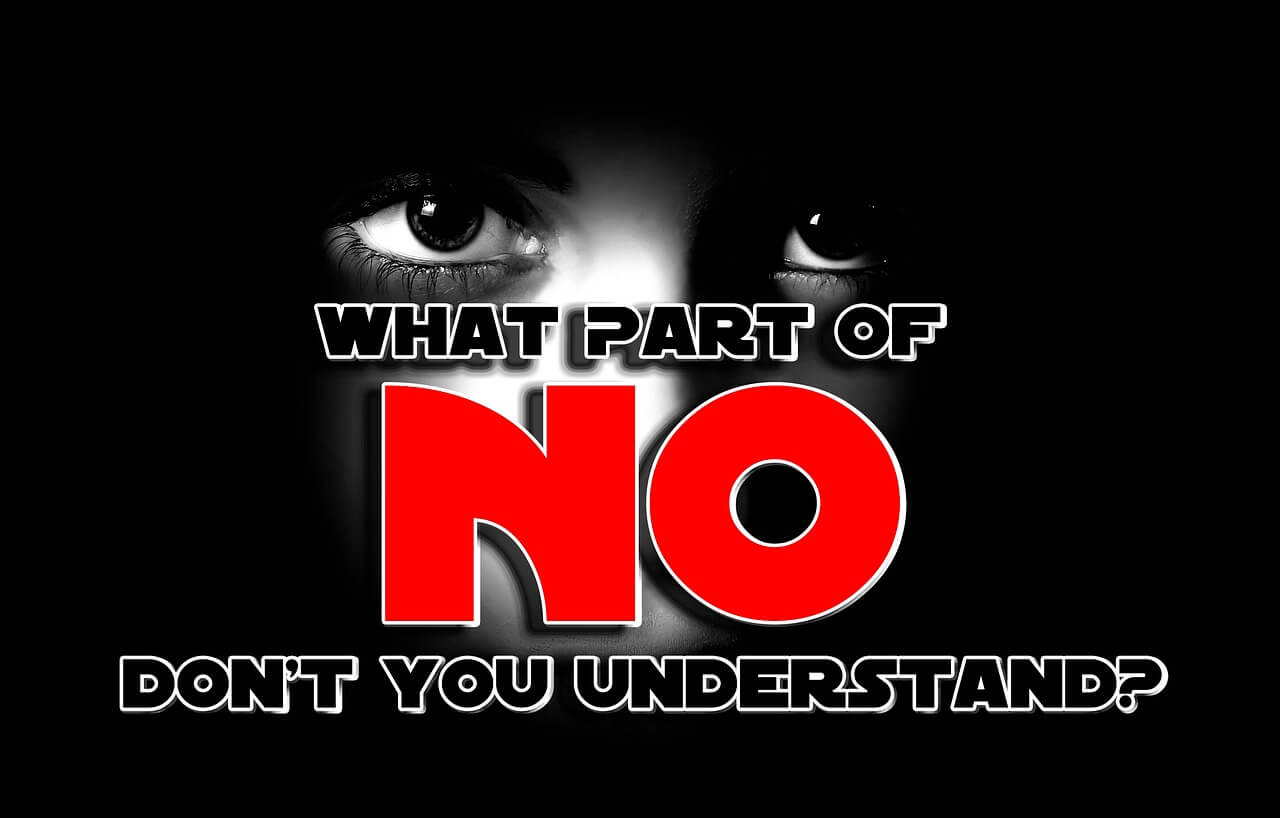CSU Blog
How to Deal with a Stalker
- July 27, 2018
- Posted by: Pete
- Category: Bullying dating General jealousy personal safety Physical safety Self-defense sexual assault sexual harassment stress violence

According to official estimates, over a million people each year are believed to be the victims of stalking. The updated, legal definition of stalking is that it is a course of conduct that may cause harassment, distress and harm to the victim. This means that even as few as two text messages, two phone calls or other conduct that is simply more than once can technically be considered stalking.
The person who is being targeted may feel that harassing behavior is occurring after just a couple of times – or they may not feel as if they are being stalked until dozens of occurrences of stalking behavior manifests itself. It largely depends on what is going on, who is doing it, and how much a person is made to feel uncomfortable. When you add into these estimates the number of people who are victims of domestic abuse and intimate violence, the numbers jump to around 6.5 million victims.
Statistically speaking, approximately five times as many women are stalked and abused than men. However, both men and women can also be the victims of cyber-stalkers – those who follow you online to see what you are doing, where you are going, who you are socializing with, etc.
First and foremost know this – it is NOT your fault! Stalking is not acceptable – period.
Stalking behaviors:
- following you whether you know it or not
- calling and hanging up the phone without leaving a message
- sending numerous, unwanted text messages or emails
- posting unwanted or harassing information on other social media sites
- showing up where you just “happen” to be – school, work, movies – repeatedly
- trying to give you gifts or get your attention
- damaging property or stealing items from you
If you feel that you are being stalked or harassed, there are some things you should begin doing immediately:
- Ratchet up your alertness and awareness. Don’t walk around with your face in your phone or have your headphones playing music so loud that you cannot hear something you should. Try to avoid going places alone – have a friend or two accompany you when going out.
- If you suspect someone is stalking you, immediately get to a public place (restaurant, store) or onto public transportation (bus, subway) and call 9-1-1 if you feel you should. Do not second guess your safety! If they are driving, try to get the license plate.
- Avoid any and all contact with the person who is bothering you. If you do “run into them” be sure to not give them the satisfaction of seeing that you are distressed – try to remain calm, ignore them and leave the area if possible. Do not allow them to manipulate you by telling you that if you don’t respond to them that they will try to hurt themselves or others as a result.
- Be proactive and take steps to protect yourself such as carrying some type of personal safety device like a defensive flashlight, safety whistle, pepper spray, or personal safety alarm. Consider taking some self-defense or martial arts classes so you can protect yourself from physical harm.
- Be extra vigilant about locking your doors both at home and while in your vehicle. If you don’t have a video security system, now may be the time to consider one. They are not that expensive and a decent system with a DVR recorder and remote access to the cameras via your smart phone can be purchased for under $500.
- Talk to others about what is going on – if no one knows you are being made to feel uncomfortable, they cannot offer assistance. They also are empowering the person who is stalking the victim. This is especially true if it is someone you work with or go to school with, for example. You need a support system, and you need to let others know what is happening to you. Consider using a “code word” that lets these people know that something bad is happening to you or that you are in danger. The person stalking you may be forcing you to communicate, and so the use of a “code word” or “code phrase” is a way that you can let others know without tipping off the person forcing you to tell them that everything is OK. When that word or phrase is used, your friend/family member knows you are in trouble and they can contact law enforcement for you.
- If you have children that are caught up in this, let them know first and foremost that what is happening is not their fault. Children do not understand and will need reassurances from you. You should also discuss with them what to do if a real problem happens, so let them know where safe places are that they can go, and establish a “code word” or “code phrase” with them so that if someone tries to trick them, they will know.
- Create an “evidence folder” by keeping a record of any and all behavior, phone calls, emails, texts, etc. If property is being damaged, take photos and add them to the folder. This not only allows you to keep track of what is occurring, it is also building up evidence for a potential criminal case. Detailing this pattern of behavior is important to investigators and law enforcement officials because it shows that you are taking it very seriously. This includes printing out hard copies of online posts, etc.
- Regarding your online social media accounts, don’t allow images of you to be posted to your timeline without your permission. In addition, block anyone who is bothering you, and report them to the appropriate department at the company. Stalking can be a prosecutable crime, and companies take these complaints seriously and will investigate. They want a safe platform for their users.
- If the stalker is someone you had a prior relationship with, change all your online passwords, use a different email address, change your phone number – the inconvenience it may cause you is a small thing compared to your personal safety and well-being!
- If you are concerned that someone is stalking you and following you offline, it is important to vary your routine. Don’t go to the gym or yoga class the same days and times each week. One week make it Mon-Wed-Fri, and then go Tues-Thurs-Sat. If you habitually get your morning coffee at the local coffee shop every morning at 7:40am, you may want to switch the time or the coffee shop. Constantly switch it up!
- When you feel unsafe, it is not overreacting to report your findings to the police. Early intervention is important. File a police report and present them with your “evidence folder” that shows just how serious you take what is happening to you. The sooner there is official, formal intervention from law enforcement such as issuing a Protection From Abuse (PFA) order against the person bothering you, the better it is and the more likely they will stop. Stalkers typically will not stop on their own, since something triggered them starting this behavior in the first place. If they receive a PFA to stay away from you, hopefully they will get the message and leave you alone.
- Have a plan that you can quickly follow if you need to react quickly. This could mean you have a bag packed, ready to go for a few days if the threat is very serious and you are fearful for your life or serious bodily injury. This bag should have clothing, any medication you may need, cash, and other supplies you feel the situation warrants.
If you are interested in learning more, watch my television interview with Carita Dee regarding stalking on the Carita Dee TV Show here: http://bit.ly/pjc-on-caritaTV
You can also find additional information and download the brochure “Stalking Victimization” from the US Department of Justice OVC web site at https://www.ovc.gov/
